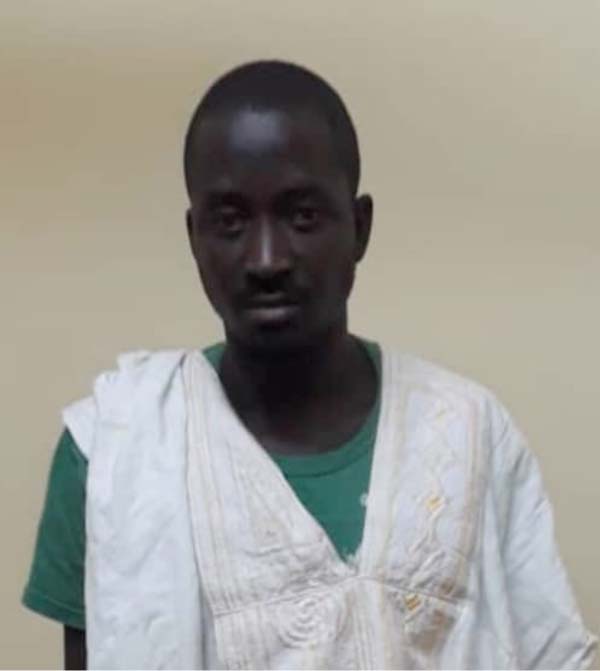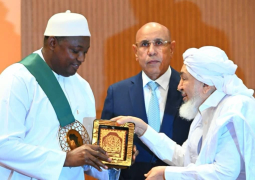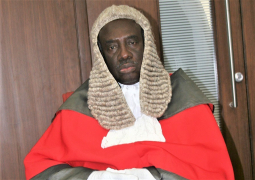
Presided over by Principal Magistrate Isatou Janneh-Njie of the Kanifing Magistrates’ Court, Dr. Leigh told the inquest that he is a specialist pathologist and currently works as a lecturer in Anatomic Pathology at the University of The Gambia (UTG).
He informed the inquest that he is also the Acting Head of Department of Laboratory Medicine at the Edward Francis Small Teaching Hospital (EFSTH).
Dr Leigh recalled that he conducted both external and internal examination on the body of the deceased, Januaro Wande Beducande Findon on the 4th June, 2020, at 10:30 am.
“In my opinion, the cause of death is due to what we call mechanical asphyxia. This means when there is an interruption of oxygen supply due to severe compression of the neck. This is due to a material which was tied on the neck,” he testified.
He told the coroner inquest that the cause of asphyxia is consistent with hanging.
At that juncture, the autopsy report No. PM 14/ 2020 dated 4th June 2020, with Autopsy prepared and signed by the witness, Dr. Ousman Leigh, was admitted by the inquest and marked as Exhibit ‘E’.
It could be recalled that Fakebba Darboe, a forensic expert, who testified on the 3rd June, 2020 recalled that on the 24th April, 2020, he received a call from a supervisor, who is responsible for operation, that there was an incident about suicide around BTI that might result to an inquiry.
He told the inquest that he is trained as CSI officer and that he has a team countrywide and if there is an accident of this nature, arson and suicide, he would respond with the team because he is the head of forensic.
In summary, he informed the inquest that a brief was conducted, and this was suggestive that suicide had taken place but they could not conclude the reason.
“In suicide, we look for pressure and height. Small pressure can kill,” he told the inquest.



